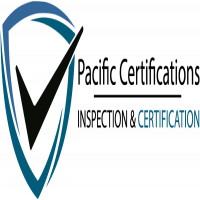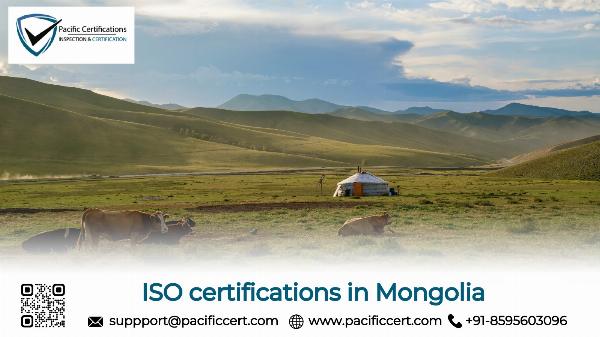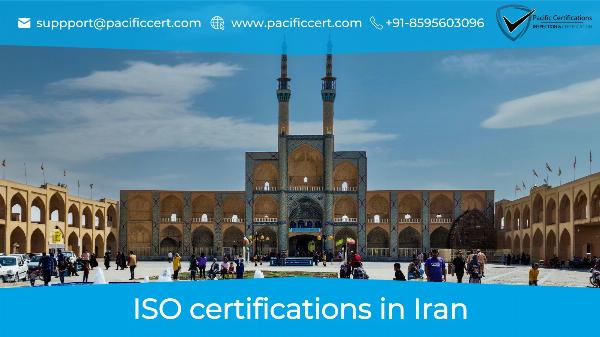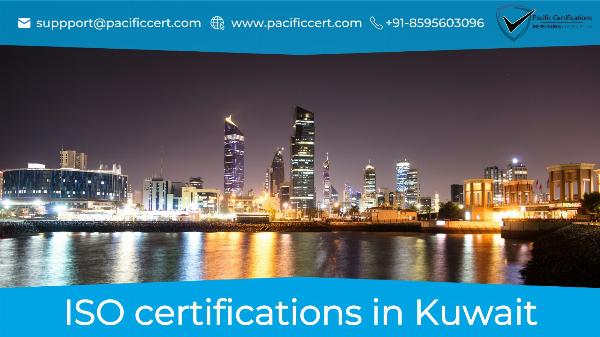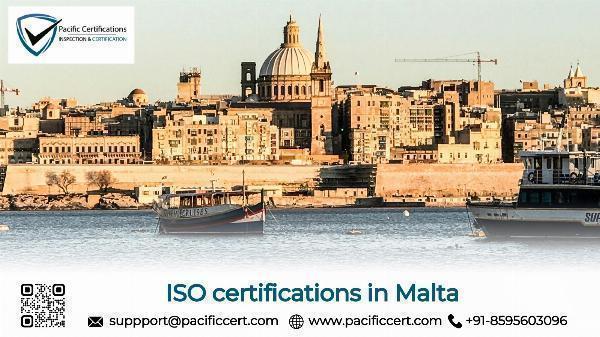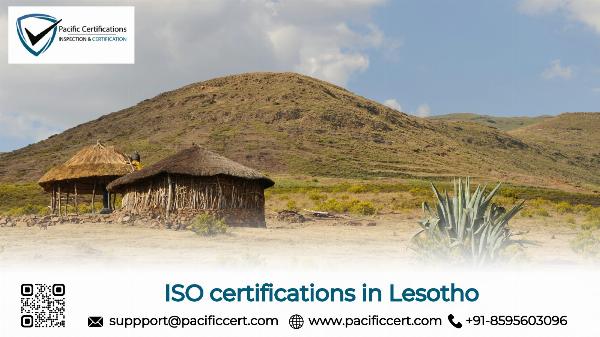ISO Certifications for Online Education & How Pacific Certifications can help
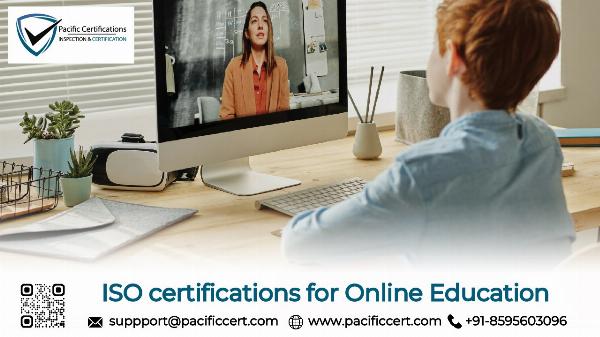
Strong 8k brings an ultra-HD IPTV experience to your living room and your pocket.
Online education has revolutionized the way we learn, offering flexibility, accessibility, and a wealth of resources at our fingertips. With the rapid expansion of digital learning platforms, ensuring the quality and consistency of online education has become paramount.
ISO standards provide a framework that helps educational institutions maintain high standards of teaching, learning, and operational practices. In this article, we’ll discuss the applicable ISO standards for online education, their requirements, and the benefits of achieving ISO certification and how Pacific Certifications can help you to achieve these goals.
Below are some of the most relevant ISO standards for online education:
ISO 21001: Educational Organizations Management Systems
ISO 21001 provides a framework for educational organizations to enhance the satisfaction of learners and other stakeholders. It focuses on the management systems specific to educational institutions, helping them improve their educational services’ quality and effectiveness.
ISO 9001: Quality Management Systems
ISO 9001 is a widely recognized standard that outlines the requirements for a quality management system. For online education providers, ISO 9001 ensures that the institution maintains consistent quality in its educational offerings, from course content to the student experience.
ISO/IEC 27001: Information Security Management Systems
With the growing dependence on digital platforms, online education providers must safeguard sensitive information, such as student data and intellectual property. ISO/IEC 27001 is the standard for information security management, helping institutions implement robust security measures to protect against data breaches and cyber threats.
ISO 29993: Learning Services Outside Formal Education
ISO 29993 focuses on non-formal education, including e-learning and vocational training. This standard ensures that learning services provided outside formal education systems, such as online courses, meet consistent quality and service delivery criteria.
ISO 14001: Environmental Management Systems
While not exclusive to education, ISO 14001 is relevant for institutions looking to minimize their environmental impact. Online education providers can adopt this standard to demonstrate their commitment to sustainability by reducing their carbon footprint through energy-efficient practices and sustainable resource management.
ISO 45001: Occupational Health and Safety Management Systems
For educational institutions offering online courses, ensuring a safe and healthy working environment for their staff is critical. ISO 45001 outlines the requirements for an occupational health and safety management system, helping organizations reduce workplace risks and improve employee well-being.
Click here to find out more applicable standards to your industry
Requirements for ISO Certification in Online Education
Quality Management System (ISO 9001)
Institutions must establish and maintain comprehensive documentation covering all operational aspects, including course design, content delivery, student support, and assessment methods.
Institutions should prioritize student satisfaction by understanding and meeting their educational needs.
Top management must demonstrate a strong commitment to quality by aligning educational goals with quality objectives.
Continuous Improvement: Implement mechanisms for ongoing evaluation and improvement of educational processes and outcomes.
Institutions need to collect and analyze data to make informed decisions about course offerings, delivery methods, and student outcomes.
Risk Management: Identify and address potential risks that could impact the quality of education or the learning experience.
Information Security Management (ISO/IEC 27001)
Establish a formal policy to protect sensitive data such as student records, financial information, and intellectual property.
Conduct regular risk assessments to identify vulnerabilities in information security.
Implement strict access controls to ensure that only authorized personnel can access sensitive data.
Develop procedures for responding to security breaches or other incidents that could compromise information integrity.
Ensure that the institution complies with relevant legal and regulatory requirements regarding data protection.
Educational Organization Management System (ISO 21001)
Clearly define the learning objectives and expected outcomes for each course or program.
Develop strategies to actively engage students in the learning process, ensuring participation and interaction.
Implement systems for collecting and responding to student feedback, ensuring continuous improvement.
Ensure that educational services are inclusive and accessible to all students, regardless of their background or abilities.
Read More: ISO Certifications for Online Education & How Pacific Certifications can help
Note: IndiBlogHub features both user-submitted and editorial content. We do not verify third-party contributions. Read our Disclaimer and Privacy Policyfor details.

